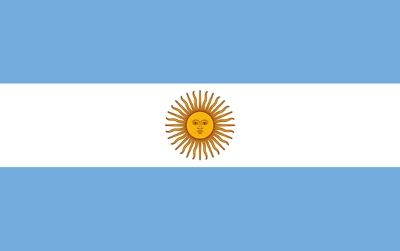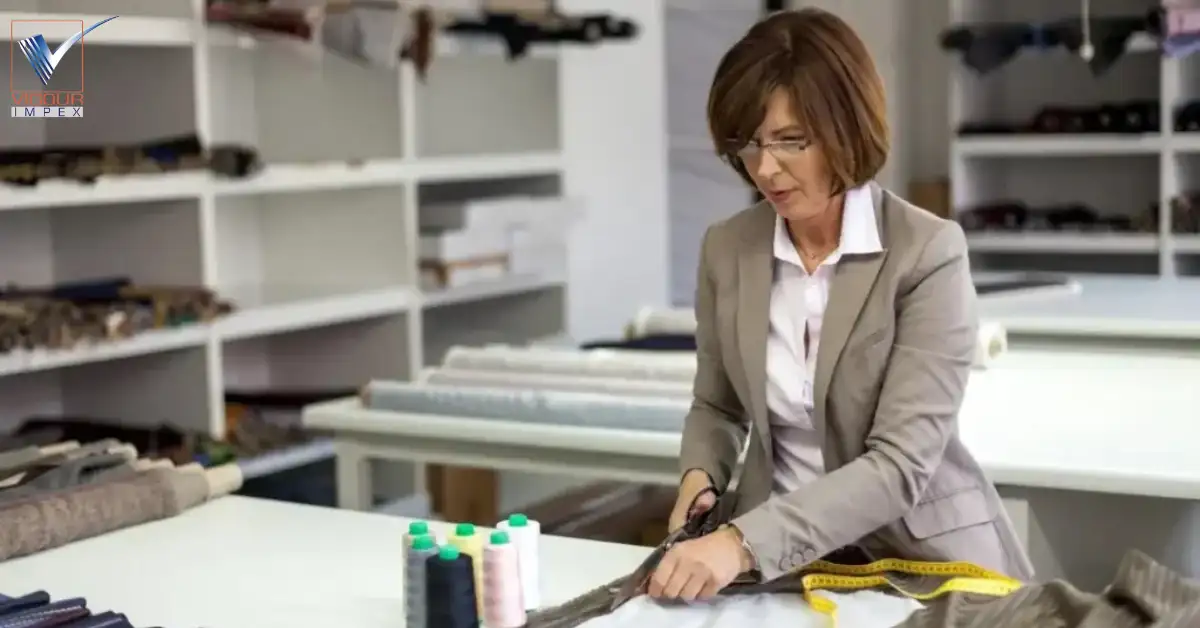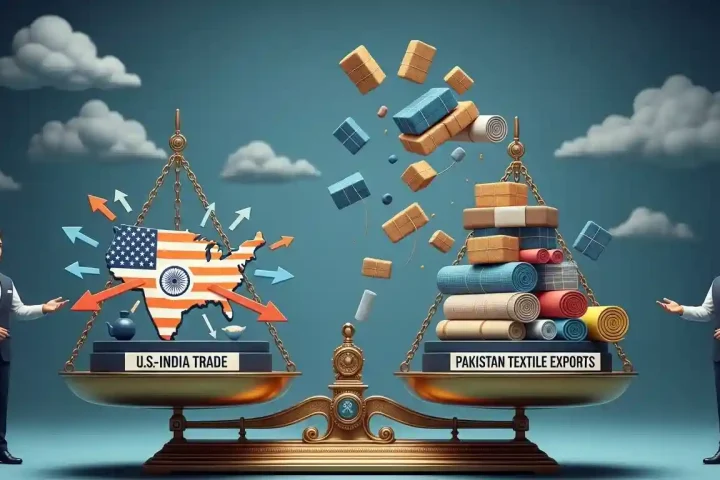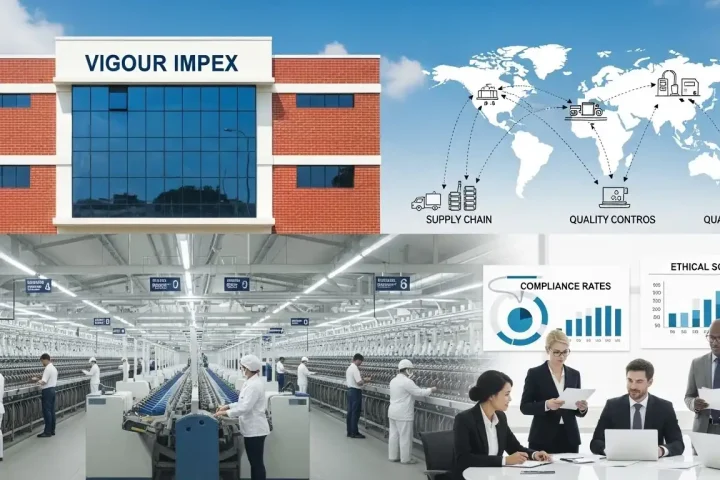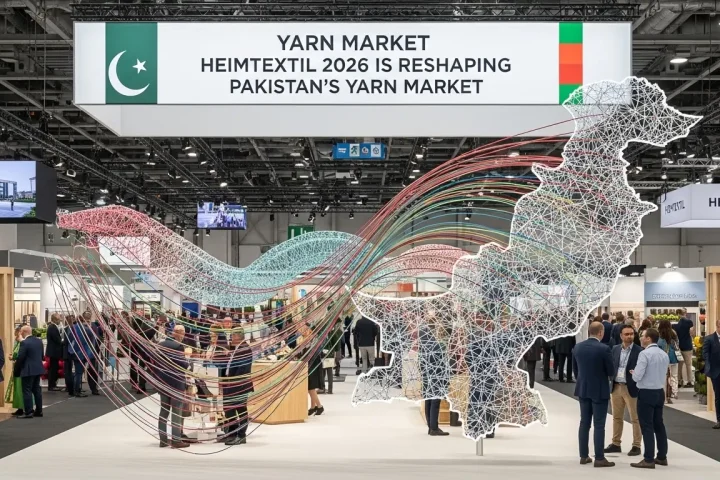Pakistan is one of the world’s leading exporters of garments, ranging from casual wear and denim to high-quality textiles for international brands. With a booming industry, international buyers often face a challenge: finding the right garment supplier.
Choosing the wrong supplier can lead to delays, poor quality, hidden costs, and ultimately lost revenue. In this 2025 guide, we’ll walk you through everything you need to know to select the ideal garment supplier in Pakistan from research and vetting to negotiation and compliance.
1. Understand Your Requirements
Before you start searching for a supplier, it’s crucial to clearly define your business needs.
Factors to Consider
- Product Type: Are you looking for knitwear, denim, shirts, jackets, or home textiles? Different factories specialize in different garments.
- Order Volume: Small batch or large-scale production? Suppliers often prefer orders above a minimum quantity (MOQ).
- Quality Standards: Define the quality you expect fabric, stitching, finishing, and packaging.
- Delivery Timeline: Determine if you need rapid turnaround or long-term production cycles.
Tip: Create a detailed product specification sheet before contacting suppliers. This ensures clear communication and prevents misunderstandings later.

2. Research Potential Suppliers
Finding suppliers requires a combination of online research, trade fairs, and networking.
Online Research
- B2B Marketplaces: Alibaba, TradeKey, and Global Sources often list verified Pakistani garment suppliers.
- Industry Directories: Pakistan Garment Exporters Association (PGEA) and Pakistan Readymade Garments Manufacturers & Exporters Association (PRGMEA) provide verified member lists.
- Company Websites: Look for detailed catalogs, certifications, and export experience.
Trade Fairs & Exhibitions
- Attending textile and garment suppliers in Pakistan, Dubai, or international fashion events is invaluable. You can meet suppliers face-to-face and evaluate their capabilities.
Referrals & Networking
- Connect with industry professionals, other buyers, or sourcing agents in Pakistan to get trusted recommendations.
Tip: Shortlist at least 5–10 potential suppliers to compare capabilities, quality, and pricing.
3. Evaluate Supplier Credibility
Not every supplier on paper is reliable. You need to vet suppliers before placing a large order.
Key Credibility Checks
- Years in Business: Established suppliers with 5+ years of experience often have stable operations.
- Client References: Ask for references from previous international buyers and verify them.
- Certifications: Look for ISO, OEKO-TEX, GOTS, or other international quality certifications.
- Factory Visits: If possible, visit the factory to inspect production facilities, equipment, and workforce.
Tip: Suppliers who provide clear quality inspection reports and are open to third-party audits are often more reliable.
4. Assess Production Capabilities
A supplier’s production capacity must match your requirements.
Key Areas to Check
- Machinery & Technology: Modern machinery ensures consistent quality and faster production.
- Workforce Skills: Skilled workers can handle complex garments, embroidery, or stitching techniques.
- Lead Times: Ensure their production timeline aligns with your delivery needs.
- Sample Production: Ask for pre-production samples to assess quality, color accuracy, and finishing.
Tip: A supplier who invests in R&D or design capabilities is often better for long-term collaborations.
5. Negotiate Pricing and Payment Terms
Price is important, but lowest price doesn’t always equal best value.
Pricing Considerations
- Unit Cost vs Total Cost: Factor in shipping, duties, inspections, and potential rework.
- MOQ Flexibility: Some suppliers are rigid, while others accommodate small initial orders.
- Payment Terms: Negotiate to reduce risk. Common methods include L/C (Letter of Credit), T/T (Wire Transfer), or milestone payments.
Tip: Ensure all agreements are in writing, including product specifications, delivery timelines, and quality standards.
6. Check Compliance & Legal Requirements
Compliance is crucial for international trade to avoid legal issues or shipment rejections.
Key Compliance Checks
- Export Documentation: Verify that the supplier can provide invoices, packing lists, certificates of origin, and shipping documents.
- Labor & Safety Standards: Ensure suppliers follow ethical labor practices and safety regulations.
- Custom Regulations: The supplier should be aware of import/export regulations in your country.
Tip: Suppliers familiar with international standards (ISO, OEKO-TEX, GOTS) are safer for global markets.

7. Build a Long-Term Relationship
Finding the right supplier isn’t just about one order; it’s about a sustainable partnership.
Relationship-Building Tips
- Maintain open and regular communication
- Give constructive feedback on quality or timelines
- Offer repeat business or larger orders to incentivize reliability
- Consider co-developing products to create unique offerings
Strong supplier relationships reduce risk, improve quality, and can even lead to better pricing over time.
Conclusion
Choosing the right garment supplier in Pakistan requires research, evaluation, and careful planning. From defining your requirements and researching suppliers to assessing credibility, production capabilities, pricing, and compliance, every step ensures a smoother sourcing experience.
A reliable supplier is not just a manufacturer; they are a GLOBAL SOURCING PARTNER in your business success. By following this guide, buyers can reduce risks, ensure high-quality garments, and establish long-term, profitable relationships.
FAQs
Q1: How do I verify that a garment supplier in Pakistan is legitimate?
A: Check company registration, certifications, years in business, client references, and consider factory visits or third-party inspections.
Q2: Should I visit the supplier’s factory in Pakistan?
A: Yes, whenever possible. Factory visits help verify production capacity, quality standards, and workforce capabilities.
Q3: What payment methods are safest for international garment orders?
A: L/C (Letter of Credit) is safest for large orders. T/T (wire transfer) is common for smaller orders. Always include payment terms in the contract.
Q4: How can I ensure quality before bulk production?
A: Request pre-production samples, perform third-party inspections, and clearly document product specifications.
Q5: Can I start with small orders from Pakistani suppliers?
A: Yes, but MOQ (Minimum Order Quantity) varies. Some suppliers accept smaller initial orders, especially for new international buyers.


